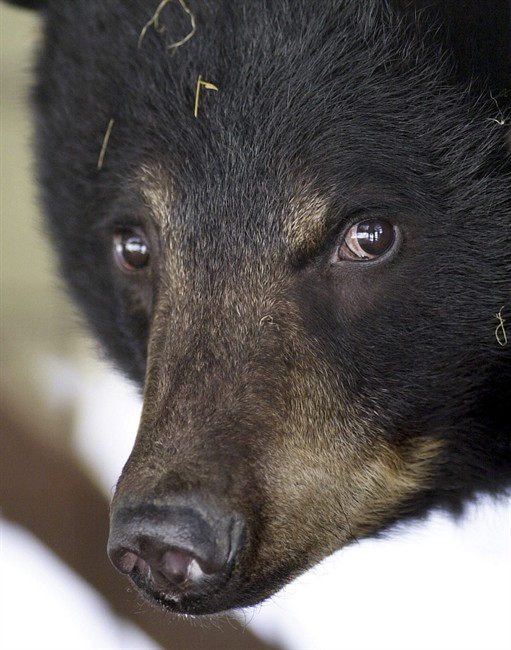The BC Conservation Officer Service is happy to see that the number of black bears destroyed in the last two months is down compared to May and June 2017, but it’s still having to remind people to take responsibility for their attractants.

In June, there were 74 black bears destroyed compared to 103 during the same time last year, and 66 killed in May compared to 119 in 2017.
READ MORE: Steele & Drex: May was the deadliest month in six years for B.C.’s black bears.
“Despite all of the messaging that we’ve had out there and all of our attempts to try and resolve it, garbage is still the number one attractant that we’re dealing with when it comes to bear conflicts,” said Wildlife Conflict Manager Mike Badry.

Get daily National news
Badry advises you not to leave food out, or feed wildlife.
He said whether it’s intentional feeding or not, when black bears of any age learn that people are a food source, they become a public risk and will often have to be destroyed.
“Where they lose that wariness and they’ve learned that people equal food, that if they hang around people they’re likely gonna find a food source,” he said.
READ MORE: Outrage over video showing North Shore family feeding black bears
Badry said to keep your garbage in areas that bears can’t get into, get bear-resistant cans and only put garbage out on pick-up day.
He said electric fencing around fruit trees, beehives and chicken coups are great ways to deter black bears as well.
“Certainly happy to see the numbers have decreased from the year previous and we hope to see that that trend is going to continue. That we’ll be able to keep those conflict numbers and the number of bears killed low from year to year.”
Badry adds that bears are staying in their habitats more because there’s been an increase in natural resources.










Comments